Greens confirm support for an Indigenous voice to parliament while Peter Dutton remains defiant, claiming it will ‘re-racialise’ Australia
Labor has secured support for the Indigenous voice to parliament from the Greens despite a comprehensive rejection by Peter Dutton who believes it will ‘re-racialise’ Australia.
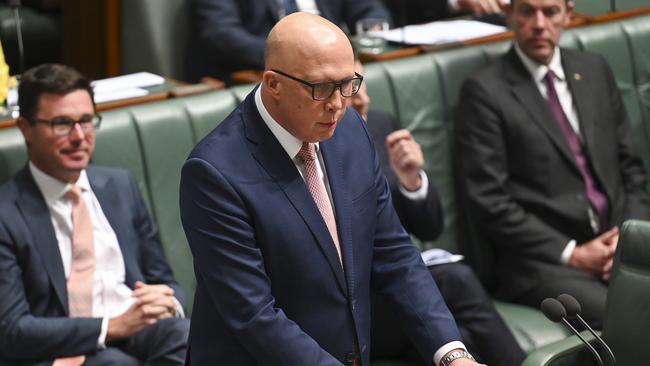
The Albanese government won’t have to compromise on its model to establish an Indigenous voice to parliament and executive government after securing support from the Greens, amid a warning from Peter Dutton that the constitutional change will “re-racialise” Australia.
The Opposition Leader delivered a comprehensive rejection of the advisory body in parliament on Monday, claiming that in its current form, the voice may stop governments from finalising their budgets, seek a particular version of Australian history to be taught in classrooms or prevent a defence base from being expanded.
Greens leader Adam Bandt’s confirmation that the party would pass the government’s Constitution Alteration Bill unamended means Australians will be asked to vote on Labor’s preferred model, which gives the voice the power to make representations to parliament and executive government.
The bill is due to pass the Senate by June 22, ensuring the referendum can be held in October, November or December.
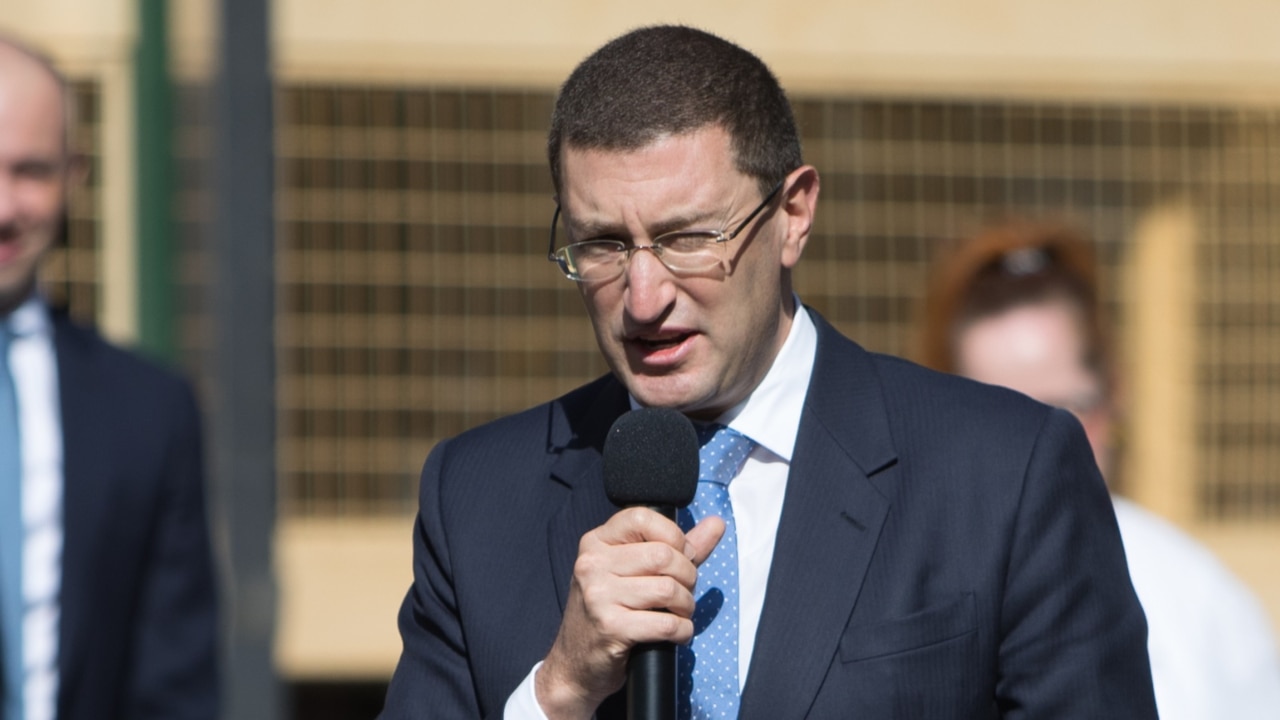
Mr Dutton was scathing of the process that led to the final wording of the government’s constitutional amendment, saying the 4½ days of parliamentary committee hearings amounted to a “kangaroo court led by a government that never wanted to entertain changes to its proposed bill”.
He said the government wanted Australians to vote for the voice “on a vibe” and Anthony Albanese wanted to “leverage the overwhelming public support for constitutional recognition to piggyback his poorly defined, untested and risk-ridden Canberra voice model”.
“The voice is regressive, not progressive, and it should be very clear to Australians by now that the Prime Minister is dividing our country, not uniting us,” Mr Dutton said.
“This voice, as proposed by the Prime Minister, promotes difference. And it’s sadly a symptom of the madness of identity politics, which has infected the 21st century. The voice will re-racialise our nation.
“At a time when we need to unite the country, this Prime Minister’s proposal will permanently divide us by race ... This referendum on the voice will undermine our equality of citizenship. It’s an overcorrection.”
Indigenous Australians Minister Linda Burney said Mr Dutton’s speech contained all the disinformation, misinformation and scare campaigns that existed in the voice debate.
“The one thing I agree with in terms of the Leader of the Opposition is this is not a decision or a plaything of politicians, it is a decision of the Australian people,” she said.
Ms Burney said expert after expert had told the parliamentary committee scrutinising the government’s voice model that it was “constitutionally sound” and stressed it should be able to make representations to the executive.
“The purpose of the voice is to improve outcomes for our people. And it is the executive government that makes policies about Aboriginal and Torres Strait Islander people,” Ms Burney said.
“When the parliament passes laws about Aboriginal and Torres Strait Islander peoples, it is the executive government that implements them. And there is agreement on this from (former Liberal MP) Ken Wyatt. He said: ‘It’s too late after a partyroom meeting, it’s too late after it’s been tabled in the parliament’.”
Liberal MP Julian Leeser, who unsuccessfully tried to win over the Greens on his two amendments to the Constitution Alteration Bill, said he respected the reasons why leading Yes campaigners didn’t want to change the wording but he wanted to make the voice’s path to success clearer.
Mr Leeser believes parliament should decide who the voice makes representations to and what it makes representations on via laws, not the Constitution.
“Because the stakes are so high, I don’t believe we can leave anything to chance,” he said.


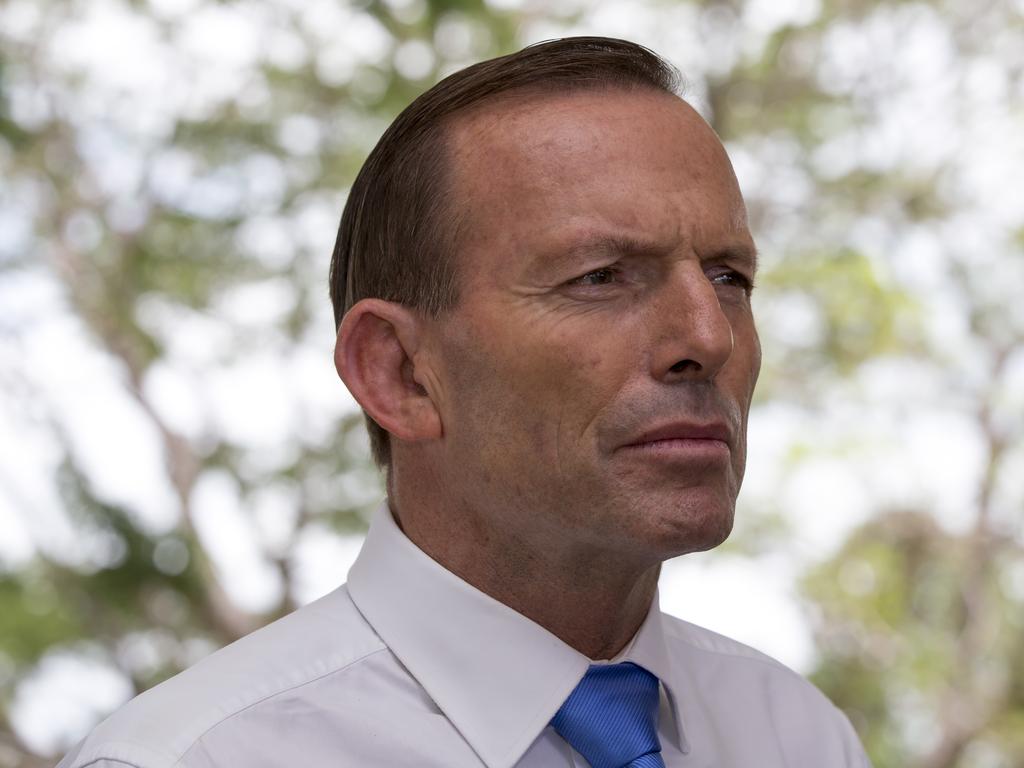

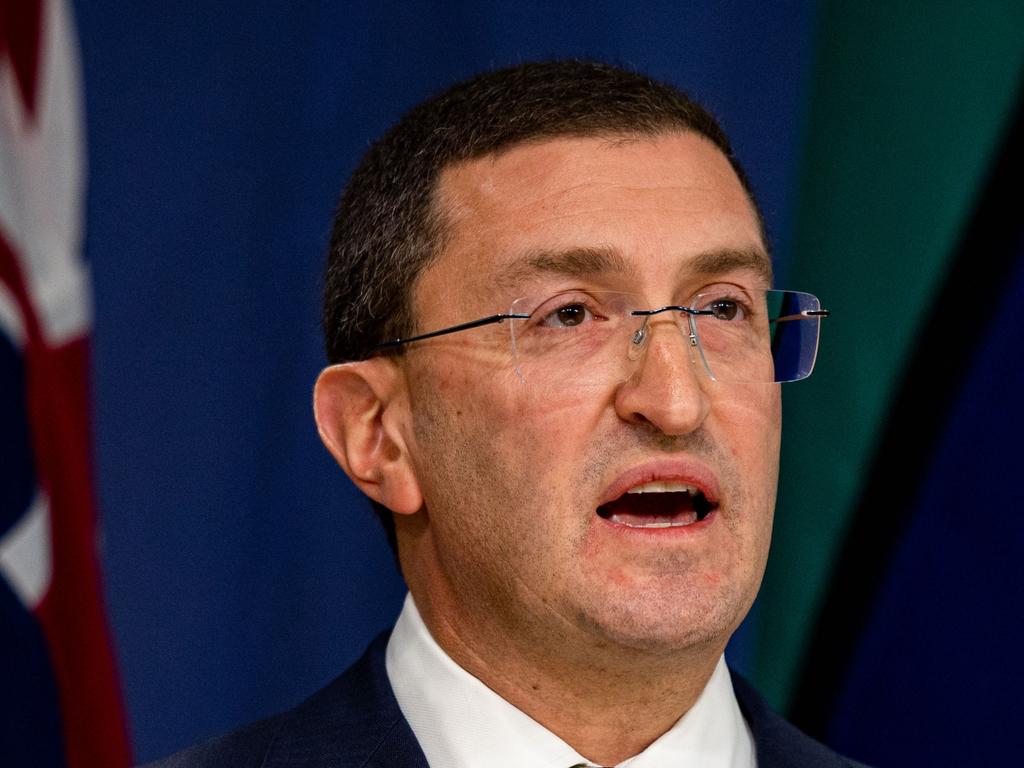
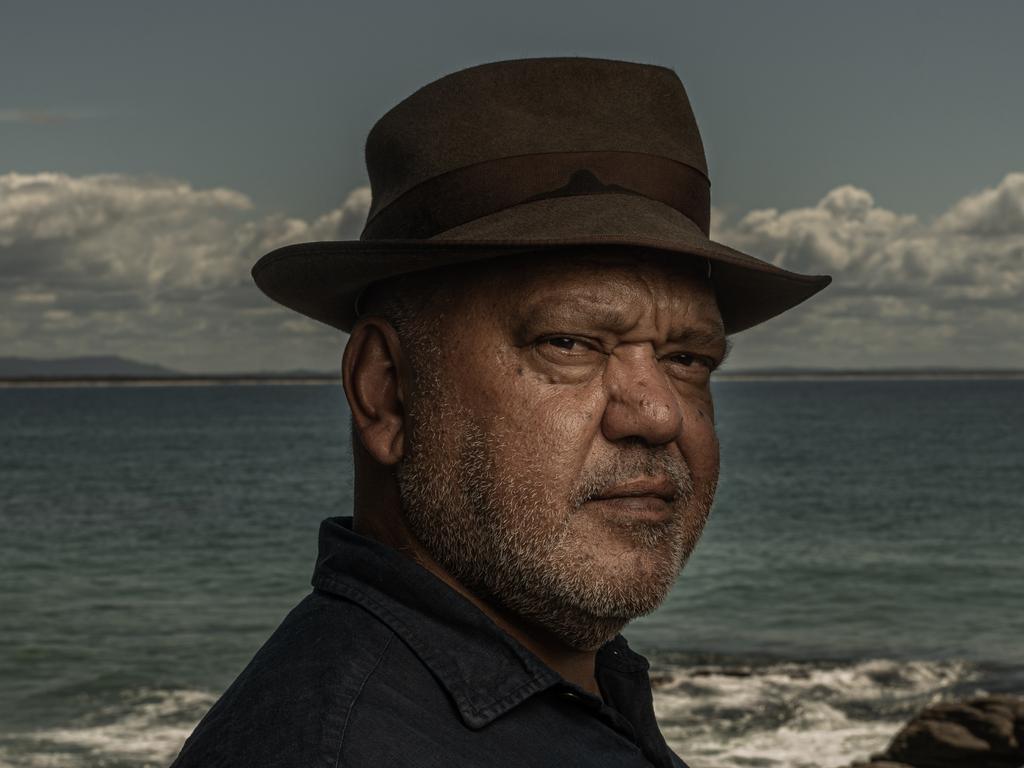


To join the conversation, please log in. Don't have an account? Register
Join the conversation, you are commenting as Logout